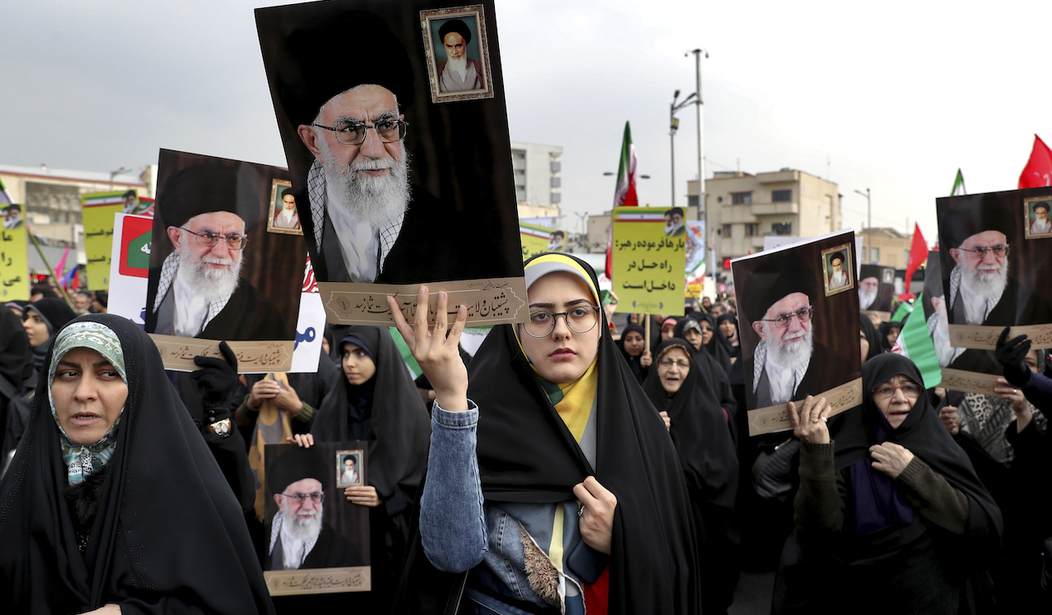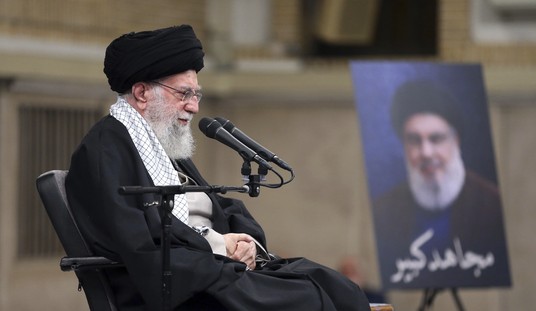The appeals trial of a former Iranian regime prison official implicated in the 1988 massacre of political prisoners recently unfolded in Sweden as a consequential chapter in the ongoing struggle for accountability.
The proceedings not only laid bare the gruesome events of that dark period but also underscored the protracted conflict between the main Iranian opposition and the Iranian regime. Kenneth Lewis, serving as the attorney for multiple plaintiffs in the trial, argued that the clash between the opposition and the Iranian regime should not be classified as an international armed conflict as claimed by the Iranian regime and its proponents. Instead, he described it as a non-international armed conflict dating back to June 20, 1981.
This date marked the beginning of the Iranian regime's brutal suppression of peaceful protests, leading to widespread detentions and executions. According to Lewis, these oppressive actions by the regime left the MEK with no option other than to shift toward armed resistance as a form of self-defense against the regime's tyranny. Lewis’s arguments highlighted the long-standing conflict between the Iranian resistance and the regime. The basis of this conflict was emphasized as being rooted in the pursuit of democratic principles and the defense of human rights for Iranian citizens. Furthermore, he strongly countered the regime's narrative, which accused the MEK of collaborating with the Iraqi army during its operations against the Revolutionary Guards. He refuted this claim as propaganda, underscoring the MEK's independent stance in its struggle against the regime's oppressive policies.
Recommended
The regime's narratives have been perpetuated in the West by individuals presenting themselves as experts but who have open or clandestine ties to Tehran. The "Iranian Experts Initiative" recently showed active communications with the Iranian Ministry of Foreign Affairs.
Lewis presented documents and evidence dated December 9, 2002, issued by Iraqi authorities to the United Nations Monitoring, Verification and Inspection Commission (UNSCOM) to underscore the oppositional group's independence from Iraq. These documents indicate that MEK facilities in Iraq were not under Iraqi control. This evidence, alongside banking records illustrating the MEK's financial autonomy during its time in Iraq, underscores the MEK's independence from Iraqi influence.
At the heart of this saga lies the tragic events of the summer of 1988, when, under the religious decree of former regime Supreme Leader Khomeini, an estimated 30,000 political prisoners were systematically executed. This atrocity, over 90% of whose victims were members of the MEK, stands as a glaring testament to the extremes to which the Iranian theocracy will go to silence dissent. Over 100 prisons were scenes of the killings across Iran. The victims were buried in mass graves.
Ebrahim Raisi, the current president of the Iranian regime, was then a deputy prosecutor in Tehran and a member of the notorious 'death commission' responsible for sanctioning the executions. His direct involvement in this heinous act is a matter of record and international condemnation.
The call for accountability following this gruesome episode has reverberated globally, with jurists and human rights advocates demanding justice, particularly for Ebrahim Raisi's role in the 1988 massacre. The trial of former prisoner official Hamid Noury, detained in Sweden under the principle of "universal jurisdiction," marked a historic milestone, holding an Iranian regime legally accountable for the massacre. Noury was arrested in Stockholm in 2019. He was sentenced to life imprisonment on July 14, 2022.
Despite compelling evidence and the legal opinions of renowned international lawyers such as Geoffrey Robertson and the late Prof. Eric David characterizing the 1988 massacre as genocide, the Swedish judicial system appeared reticent to acknowledge this aspect during the court proceedings fully.
The trial serves as a beacon of hope for accountability and justice, offering a glimpse into the dark corridors of the 1988 massacre and the ongoing struggle for the truth—an imperative that transcends borders and reveals the resilience of those who refuse to be silenced by tyrants.
The global community, particularly human rights advocates and international legal experts, must remain vigilant in their pursuit of justice, ensuring that the Iranian regime's dark past is never forgotten. The trial of Hamid Noury is not just about holding one individual accountable; it is about sending a powerful message that the world will not turn a blind eye to atrocities committed by authoritarian madmen. The victims of the 1988 massacre deserve nothing less than a thorough and impartial examination of the facts, with the goal of ensuring that such atrocities are never repeated.

























Join the conversation as a VIP Member